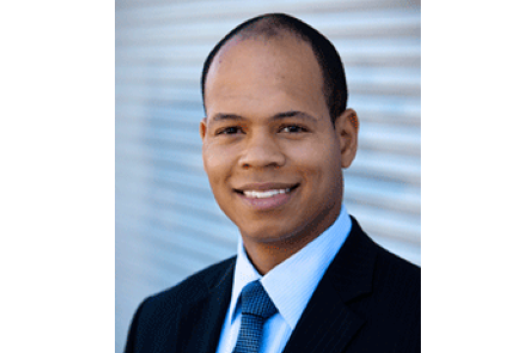BioE Seminar: Bioengineering Early CNS Morphogenesis for a Scalable Neural Tube Defect Risk Assay

Neural organoids derived from human pluripotent stem cells (hPSCs) are becoming powerful tools for investigating CNS development, physiology, and disease. However, the innate and spontaneous emergent properties of neurally differentiating hPSC aggregates, which make neural organoids possible, also limits their application due to inconsistencies in the organoid's cellular composition and tissue cytoarchitecture. We hypothesized that this is caused by the absence of biophysical and biochemical cues normally present within the developing embryo. To reinstate such controls in vitro, we developed culture methods and platforms that enable facile spatiotemporal control of such cues to result in a standardization of early neural organoid morphogenesis. In this talk, our success in exerting biophysical control over microscale tissue morphology to standardize the derivation of singularly polarized, forebrain through spinal neuroepithelial tissues will be presented. This mimics the earliest stage of CNS morphogenesis, i.e. neural tube formation. Thus, the scaling of this culture platform to create a screen for quantitatively assessing a chemicals' risk of causing congenital neural tube defects will also be discussed.
Zoom Registration Link: https://duke.qualtrics.com/jfe/form/SV_7UoAaHUNTRdmTm5






